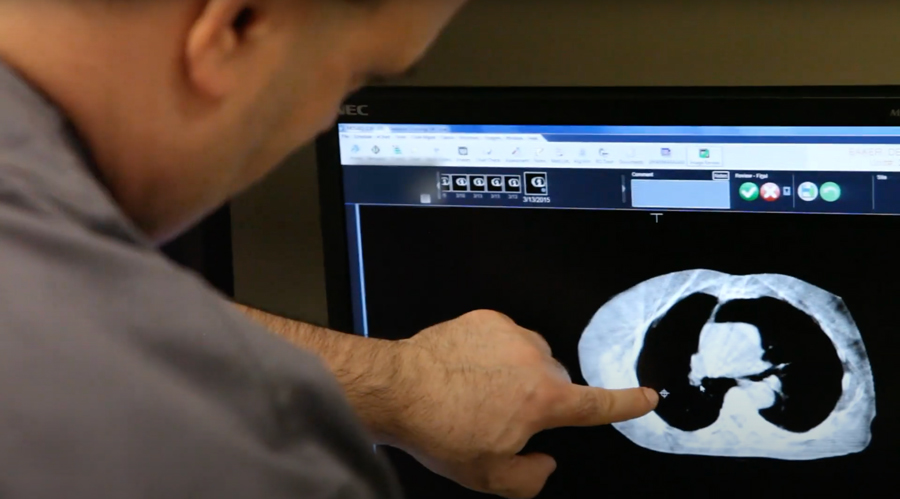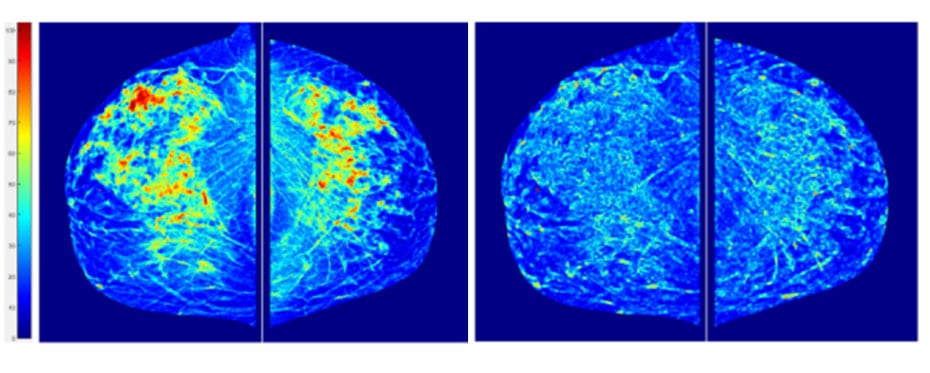Tag: breast cancer
Breast Cancer Awareness Month 2023 – #WearItPink

Since the Breast Cancer Now charity started the #WearItPink fundraising day, over £39 million has been raised in the name of breast cancer research. As one of the most common cancers in the UK, over 50,000 women and 370 men in the UK have been diagnosed with the disease so far this year. The sad truth is that around a […]
Read More… from Breast Cancer Awareness Month 2023 – #WearItPink
Establishing the first set of guidelines for breast cancer management in Bosnia and Herzegovina

Breast cancer is the most common cancer in women worldwide. Specialised centres that monitor breast cancer patients can help improve disease outcomes by recording patient information and by helping to implement centralised guidelines for disease management. In Bosnia and Herzegovina there is no accurate data on breast cancer patients, nor any centralised guidelines. Dr Lejla Hadžikadić-Gušić, a breast surgical oncologist, […]
Breast Cancer Awareness Month 2022 – #GetScreened!

Breast Cancer Awareness Month 2022 raises awareness about one of the world’s most prevalent forms of cancer. Breast cancer usually starts in the lining cells of breast ducts, but in 15% of cases arises first in lobules in the glandular tissue of the breast. While initially harmless, Breast cancer is potentially dangerous due to the risk of metastasis, which is […]
Read More… from Breast Cancer Awareness Month 2022 – #GetScreened!
Trastuzumab-based therapeutics: Choosing the appropriate species for safety studies

Trastuzumab is a clinically approved monoclonal antibody therapy which targets HER2 (or ErbB2) for treatment of HER2-overexpressing breast and gastric cancers. Safety studies are important in the development of antibody therapeutics and should use animal species which bind the target antigen (HER2) to understand target-mediated effects, in addition to a non-binding species to observe non-targeted effects. It is acknowledged that […]
Read More… from Trastuzumab-based therapeutics: Choosing the appropriate species for safety studies
New independent research clarifies risks associated with different MHT (HRT) treatments

Menopausal hormone therapy (MHT) is used to ease severe symptoms associated with the menopause and can be administered in tablet, patch, gel, or implant form. However, previous research has suggested treatments may have serious side effects, including increased risks of developing blood clots, breast cancer, and dementia. Dr Yana Vinogradova of Nottingham University Medical School, UK, supported by UK researchers […]
Breath hold techniques during volumetric modulated arc therapy in breast cancer patients

The research of Dr Vishruta Dumane, Icahn School of Medicine at Mount Sinai, New York, focuses on developing approaches to radiotherapy that will minimise risk to neighbouring organs and tissues, whilst maximising the impact of treatment to the tumour. Her recent work adds further support for the use of deep inspiration breath holds during radiotherapy (VMAT) to reduce exposure of […]
Assessing performances of Computer-Aided Diagnosis of breast cancer

In under two decades, the techniques used to image, classify and diagnose breast cancer have significantly improved with the help of rapidly advancing computer-based digital image processing and machine learning technologies. Since the early days of developing Computer-Aided Diagnosis technology in the 1990s, Professor Bin Zheng at the University of Pittsburgh and then the University of Oklahoma has dedicated his […]
Read More… from Assessing performances of Computer-Aided Diagnosis of breast cancer